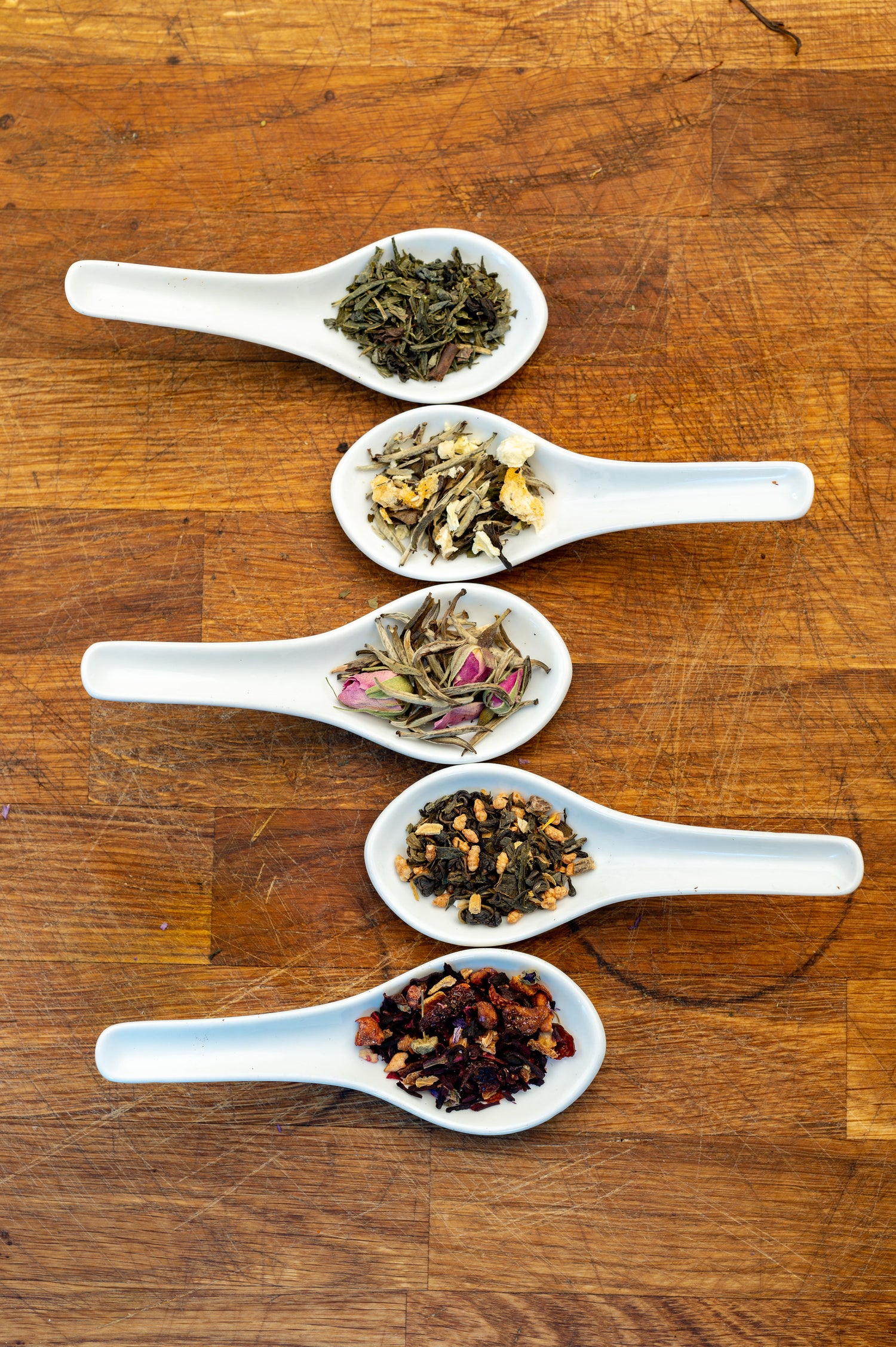While black tea and coffee remain staples for most Brits, researchers highlight the often overlooked health advantages of green tea.
The distinctive taste of green tea is partly attributed to its abundant levels of antioxidant polyphenols, which are beneficial compounds in many plant foods that imbue them with health-promoting properties.
Among these polyphenols is – here comes a big word! – 'epigallocatechin-3-gallate' (EGCG), touted for its myriad health benefits. These include:
- enhancing fat metabolism during exercise;
- dismantling harmful arterial plaques,
- uplifting mood, and
- potentially mitigating conditions like dementia and heart disease.
So let's dive deeper into how these benefits are connected to drinking tea.
Green tea aids heart health and fat burning
EGCG effectively disintegrates perilous arterial plaques, while other compounds in green tea facilitate the reduction of visceral fat, the type associated with chronic ailments like heart disease and Type 2 Diabetes.
In one study, those who took a green tea extract before exercising burnt a whole 17% more abdominal fat than those who didn't take the supplement. That's a huge difference – but what causes it?
One theory is that green tea may increase the number of mitochondria, the powerhouses in your cells, which – in turn – could increase your energy expenditure. Put simply, more mitochondria = more energy burn.
Green tea helps stave off dementia
Perhaps more surprisingly, there's research that suggests EGCG can boost your brain power and may even protect your brain from diseases like dementia. Dr. Edward Okello, from the University of Newcastle, has been researching the impact of green tea on the brain.
Speaking on a recent BBC podcast about green tea, he described the brain as "a very complex organ" that facilitates neural transmission by both electrical activity and chemical activity.
The chemical activity is facilitated by a compound called ‘acetylcholine’, which plays a role in our thoughts, our ability to react to both internal and external stimuli, and our ability to recall information and create memories.
Levels of acetylcholin decline with age and do so faster if we succumb to diseases like dementia. EGCG is important for brain health because it increases the levels of acetylcholine and therefore increases in neural transmission, improving our cognition.
Acetylcholine is recycled or broken down by an enzyme called Acetylcholinesterase (AChE) so to be able to boost the levels of acetylcholine, you have to inhibit or slow down the action of Acetylcholinesterase (AChE) and – you'll be pleased to know – the ECGC in your tea does exactly that.
A protein called amyloid
Green tea also disrupts the activity of beta secretase, which plays a role in the production of the ‘amyloid’ precursor protein. This protein normally clumps together forming plaques in the brain, which are destructive to our brain cells and therefore affect our cognition.
So if you consume green tea, there is a chance that this will prevent, or at least delay, the buildup of amyloid in the brain, warding off dementia.
How much green tea should we drink?
Dr Okello told the BBC: “We have done a study where we looked at the tea consumption in people over 85 years old over a six year period. It showed that tea consumption slowed down the decline of cognition over time, but the amount of tea is what is more important. So in our study, we show that at least three cups of tea as a minimum would be good for you.”
Here at MDTea, we would add that you should brew green tea at the correct temperature. This usually means 80c-85c – not boiling – if you want to avoid the tea becoming bitter.
And it needs to be the actual stuff – not green tea supplements! Back to Dr Okello:
"Supplements not only contain the tea, but also contain other components which may compromise the activity of the tea so I would use tea as you brew it naturally at home."
What type of green tea should you buy?
Dr Okello again:
“Personally, I would recommend you buy the loose tea because it brews better in hot water but bagged tea is equally good. I use a tea infuser and brew the tea for three minutes. I would recommend that you keep re-using the tea leaves until there's no more taste in them so that you get the benefit of the tea and of not being wasteful at the same time.
“The minimum we should actually be drinking of green tea is three cups a day and one cup size should be between 200ml and 250ml.”
So it seems a few cups of green tea a day just might keep the dementia at bay. Go green, and your heart, brain and waistline may benefit.




